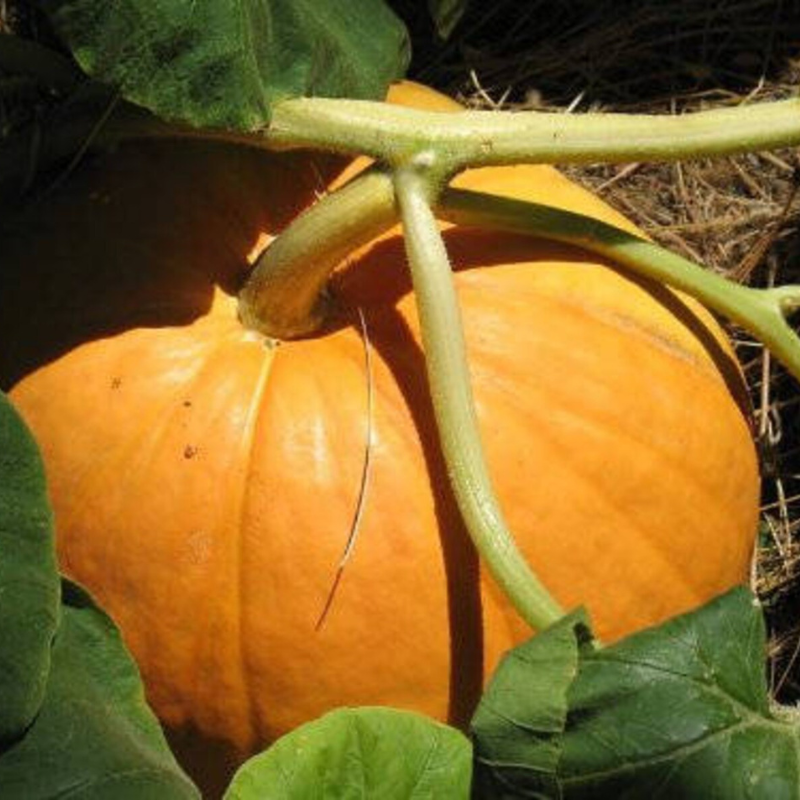- Historical context: Pumpkins have been cultivated for thousands of years, with evidence of their use dating back to 7,500 to 5,000 B.C.
- Geographical origination: Pumpkins are believed to have originated in Central America, particularly in Mexico.
- Relevant cultural significance: Pumpkins hold significant cultural importance in various traditions, especially in North America where they are central to Halloween and Thanksgiving celebrations.
- Time period of discovery: Pumpkins were discovered and cultivated by indigenous peoples of the Americas long before European settlers arrived.
- Original habitat: Pumpkins originally thrived in the warm, fertile regions of Central America.
- Notable historical uses: Historically, pumpkins were used not only as a food source but also for medicinal purposes and as containers or utensils by indigenous peoples.
- Ideal temperature range: 65°F to 95°F (18°C to 35°C)
- Soil type: Well-drained, fertile soil with a pH between 6.0 and 6.8.
- Sunlight requirements: Full sun (at least 6 to 8 hours of direct sunlight per day).
- Watering needs: Consistent watering, keeping the soil moist but not waterlogged. Avoid overhead watering to prevent fungal diseases.
- Planting season: Spring, after the last frost date.
- Germination time: 7 to 10 days.
- Growth cycle duration: 90 to 120 days, depending on the variety.
- Common pests and diseases: Common pests include squash bugs, cucumber beetles, and aphids. Diseases include powdery mildew, downy mildew, and bacterial wilt.
- Companion planting advice: Good companions include corn, beans, and radishes. Avoid planting near potatoes.
- Common challenges and solutions: Challenges include pest infestations and fungal diseases. Solutions involve crop rotation, proper spacing, and using organic pesticides.
- Nutritional values: Pumpkins are rich in vitamins A, C, and E, as well as fiber, potassium, and antioxidants.
- Health benefits: They support eye health, boost the immune system, and promote heart health. The high fiber content aids in digestion.
- Culinary uses: Pumpkins are versatile in the kitchen, used in soups, pies, breads, and roasted dishes. Pumpkin seeds are also a popular snack.
- Medicinal uses: Pumpkin seeds are known for their anti-inflammatory properties and are used to support prostate health and reduce the risk of certain cancers.
- Other unique advantages: Pumpkins are also used in skincare products for their moisturizing and exfoliating properties. Additionally, they are popular in decorative uses, especially during the fall season.




